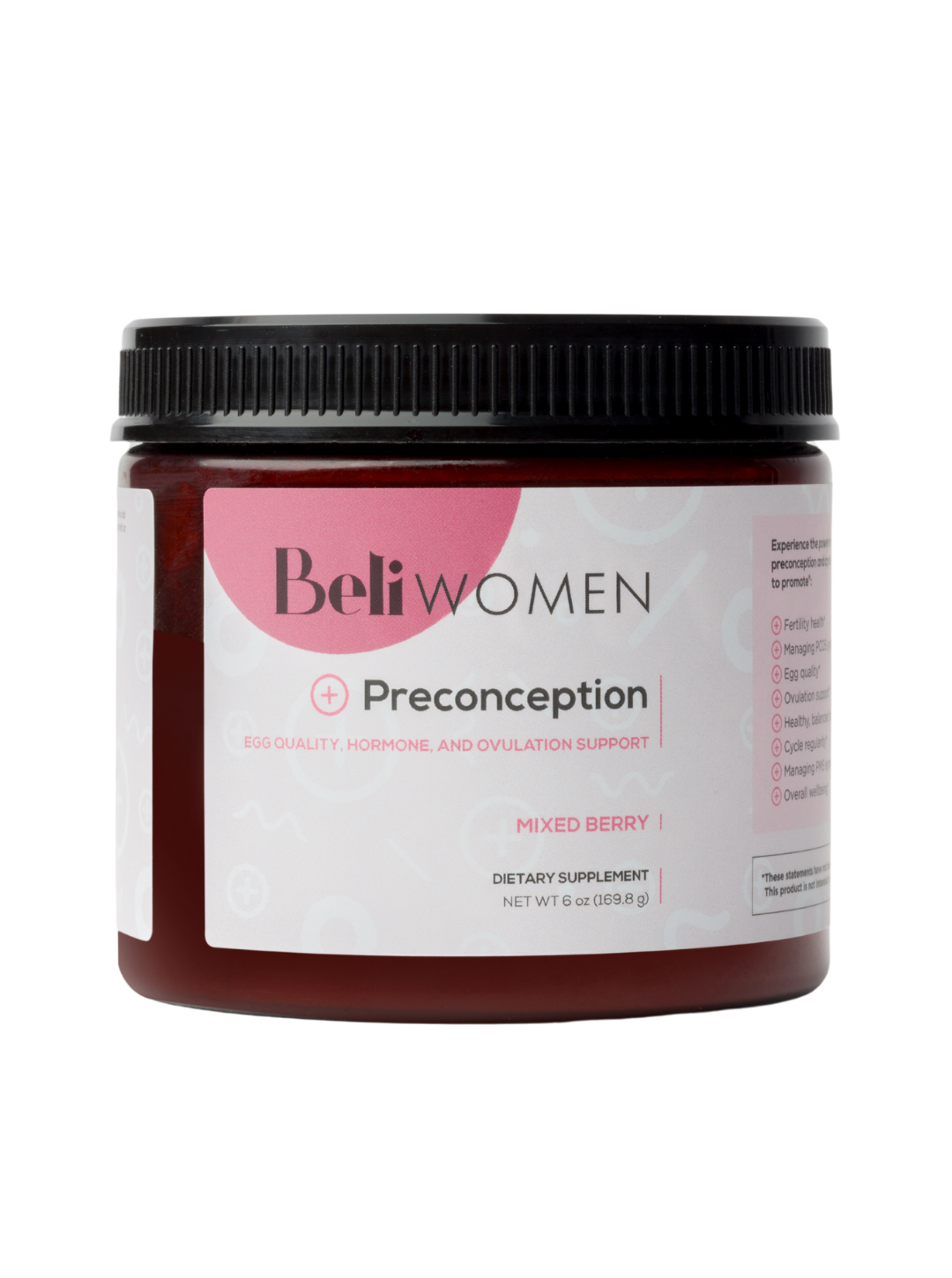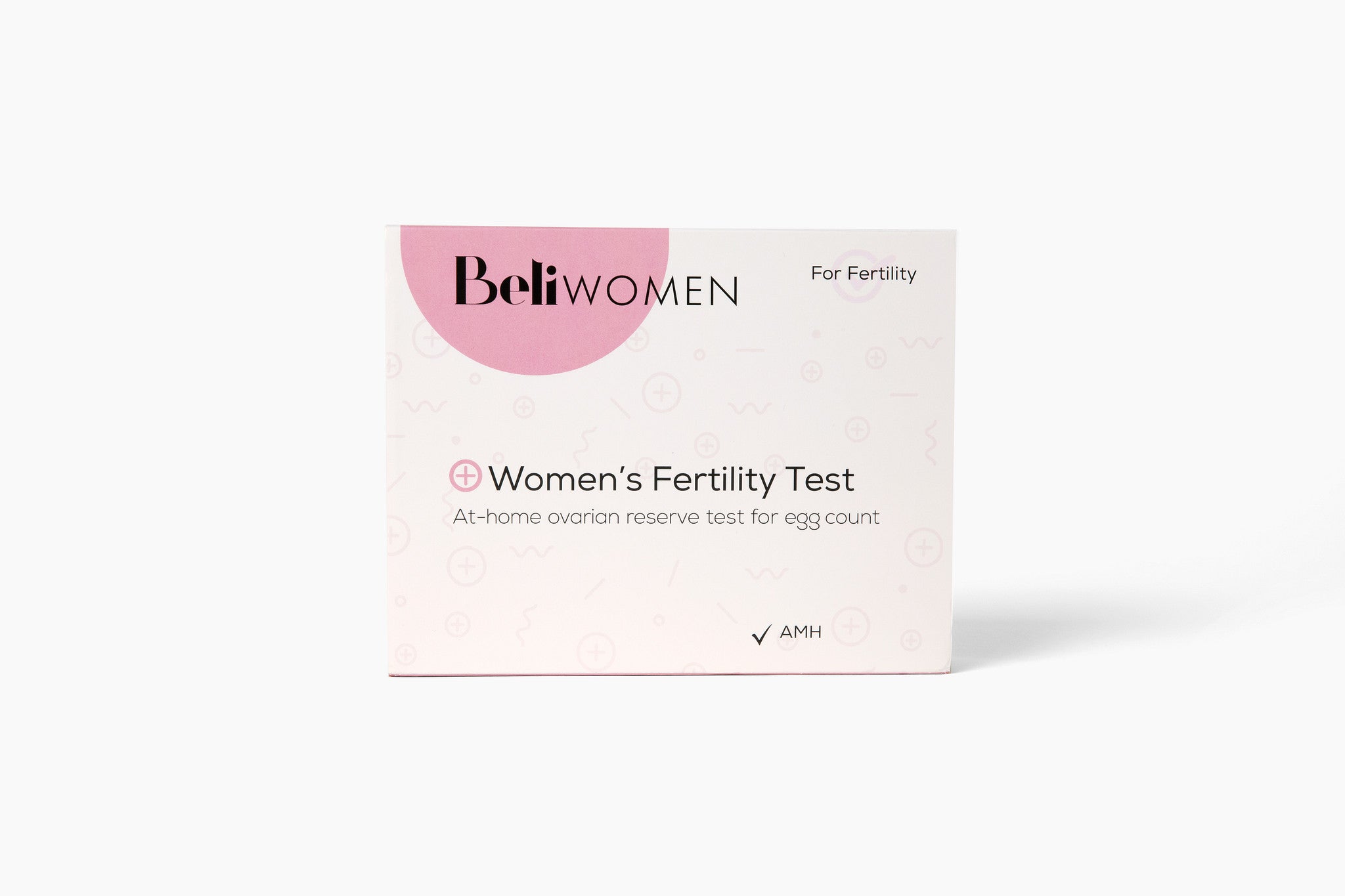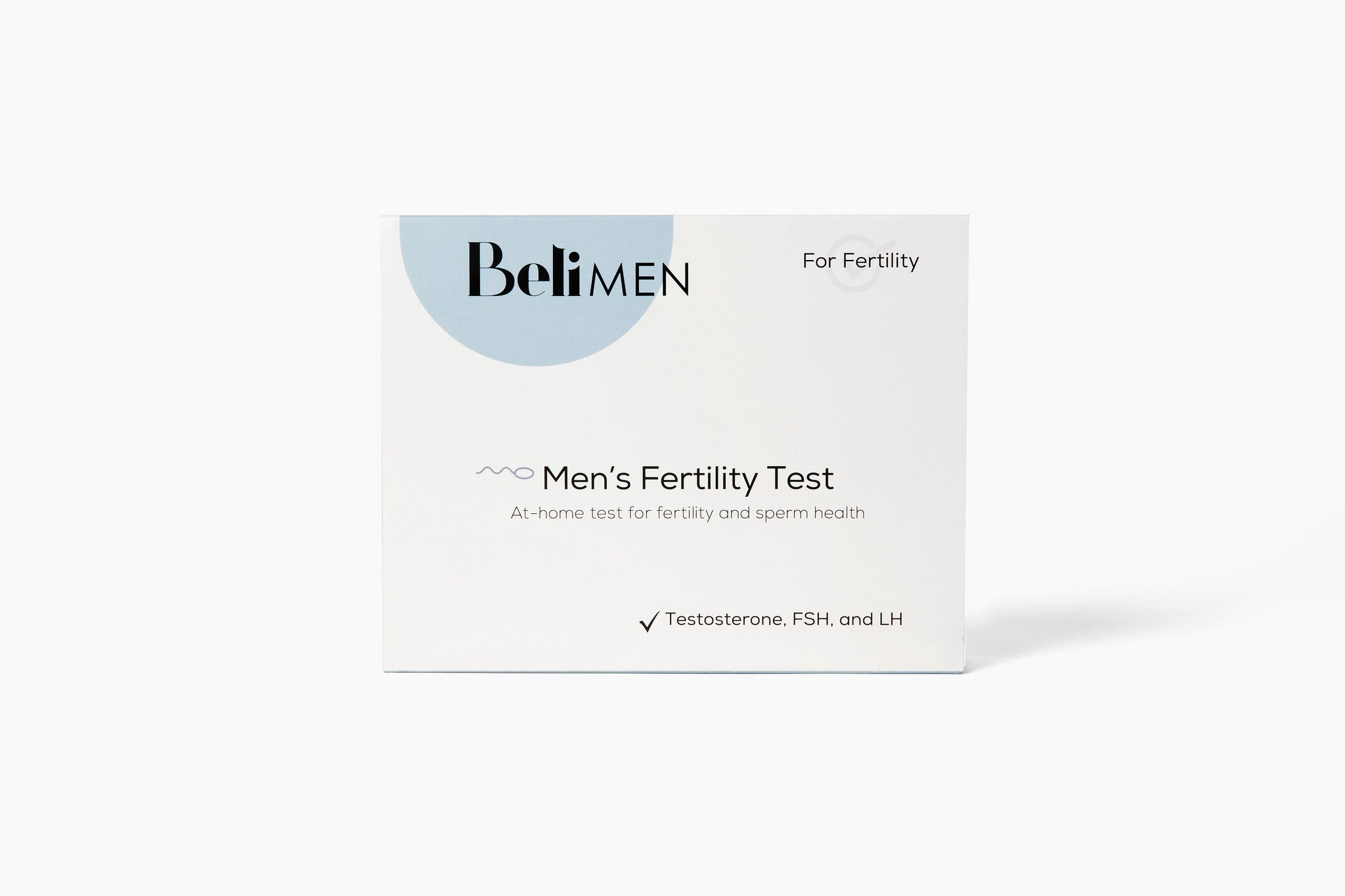Imagine this: you’ve decided you’re ready to start a family. You’ve dreamed about this moment, planned for it, and now it’s time to take the leap. But here’s the catch—most people don’t see a fertility specialist until they’ve been trying to conceive for months, or even years. What if we told you that the power to optimize your fertility lies largely in your hands, long before you ever step foot in a doctor’s office? The truth is, you don’t need a medical degree to become an expert in your own reproductive health. By understanding your body, making informed lifestyle choices, and taking proactive steps, you can significantly improve your chances of conception—all while working in partnership with healthcare providers to ensure the best possible outcomes. This blog will explore the science-backed strategies both men and women can use to boost fertility, what to look out for, and why preconception health matters more than you might think.
Key Takeaways
-
Preconception health is critical: The choices you make before trying to conceive can have a profound impact on fertility.
-
It’s not just about women: Men’s health plays an equally important role in conception.
-
Lifestyle changes matter: Diet, exercise, stress management, and avoiding toxins can improve fertility.
-
Nutrients and supplementation: Key vitamins and minerals can support hormonal balance and reproductive health.
-
At-home testing: Tools like ovulation predictors and hormone tests can provide valuable insights.
-
Collaborate with your doctor: Preconception health is about empowerment, not replacement—always consult your healthcare provider for personalized advice.
Preconception Health: Why It Matters
Fertility isn’t just about what happens in the bedroom—it’s about the months and even years leading up to conception. Research shows that preconception health can influence not only your ability to get pregnant but also the health of your future baby. A study published in The Lancet (2018) emphasized that optimizing health before pregnancy can reduce the risk of complications like preterm birth, low birth weight, and congenital abnormalities.
For women, this means understanding your menstrual cycle, tracking ovulation, and addressing any hormonal imbalances. For men, it’s about ensuring healthy sperm production and quality. The good news? Many of these factors are within your control, and taking proactive steps can complement the care provided by your doctor.
What to Look Out For: Red Flags in Fertility
Before diving into tips, it’s important to recognize potential red flags that might indicate underlying fertility issues. While these don’t replace a doctor’s diagnosis, they can help you decide when to seek professional guidance:
-
For Women: Irregular periods, painful periods, or a history of conditions like polycystic ovary syndrome (PCOS) or endometriosis.
-
For Men: Low libido, erectile dysfunction, or a history of testicular injury or infection.
-
For Both: A history of sexually transmitted infections (STIs), chronic illnesses, or exposure to environmental toxins.
If any of these sound familiar, it might be worth consulting a healthcare provider sooner rather than later. Early intervention can make a big difference.
Science-Backed Tips to Improve Fertility
1. Nutrients: Fuel Your Body for Fertility
What you eat plays a huge role in reproductive health. For both men and women, a diet rich in antioxidants, healthy fats, and essential nutrients can improve fertility.
-
For Women: Focus on folate (found in leafy greens), iron, and omega-3 fatty acids. A study in Human Reproduction (2018) found that women who followed a Mediterranean-style diet had higher rates of conception.
-
For Men: Zinc and selenium are crucial for sperm production. Foods like nuts, seeds, and seafood can boost sperm quality and motility.
2. Supplementation: Fill the Gaps
Even with a healthy diet, it can be challenging to get all the nutrients your body needs for optimal fertility. This is where high-quality supplements like Beli come in. Beli offers prenatal and men’s fertility supplements formulated with key nutrients to support reproductive health:
-
For Women: Beli’s prenatal vitamins include methylated folate (a bioavailable form of folic acid), choline, and antioxidants like CoQ10, which have been shown to support egg quality and hormonal balance.
-
For Men: Beli’s men’s fertility supplements contain ingredients like L-carnitine, zinc, and selenium, which are essential for sperm production and motility.
3. Exercise: Move, But Don’t Overdo It
Moderate exercise can improve fertility by regulating hormones and reducing stress. However, excessive exercise can have the opposite effect, especially for women. A study in Fertility and Sterility (2012) found that intense physical activity can disrupt menstrual cycles and ovulation.
Tip: Aim for 30 minutes of moderate exercise most days of the week, and consult your doctor if you’re unsure about your routine.
4. Stress Management: Keep Calm and Conceive
Chronic stress can wreak havoc on fertility by disrupting hormonal balance. Techniques like yoga, meditation, and mindfulness have been shown to reduce stress and improve reproductive outcomes. A study in Fertility and Sterility (2018) found that women who participated in a mindfulness program had higher pregnancy rates.
5. Avoid Toxins: Protect Your Reproductive Health
Environmental toxins like BPA, pesticides, and heavy metals can negatively impact fertility. Opt for organic foods, avoid plastic containers, and be mindful of exposure to harmful chemicals.
6. Timing: Know Your Cycle
For women, understanding your menstrual cycle and tracking ovulation is crucial. Apps and ovulation predictor kits can help pinpoint your fertile window. For men, abstaining from ejaculation for 2-3 days before ovulation can improve sperm concentration.
At-Home Testing: Beli offers hormone tests that can provide insights into your reproductive health from the comfort of your home. Our women's test measures a key hormone AMH (anti-Müllerian hormone) which can help you understand your ovarian reserve and overall fertility. Our men's test measures testosterone, FSH, and LH which are key to sperm production and overall fertility.
Note: If you’re unsure about your cycle or have irregular periods, your doctor can provide guidance.
7. Quit Smoking and Limit Alcohol
Smoking (tobacco, CBD, and vaping) and excessive alcohol consumption are linked to reduced fertility in both men and women. A study in BMJ (2017) found that smoking can decrease ovarian reserve in women and sperm quality in men.
Men’s Role in Fertility: It Takes Two
Fertility isn’t just a woman’s issue—men contribute to 50% of the equation. Sperm health is just as important as egg health. Men should focus on maintaining a healthy weight, avoiding excessive heat (like hot tubs), and wearing loose-fitting underwear to support sperm production.
When to Seek Help
While preconception health is powerful, it’s not a cure-all. If you’ve been trying to conceive for over a year (or six months if you’re over 35), it’s time to consult a fertility specialist. Early intervention can make a big difference, and your doctor can provide personalized recommendations based on your unique situation.
Final Thoughts
You don’t have to be a doctor to take charge of your fertility. By making informed choices about your health, you can set the stage for a successful pregnancy. Remember, fertility is a team effort—both partners play a crucial role, and your healthcare provider is an essential part of that team. So, start today: eat well, move your body, manage stress, and stay informed. Your future family will thank you.
Sources:
-
Stephenson, J., et al. (2018). The Lancet. "Preconception health: a vital opportunity."
-
Gaskins, A. J., et al. (2018). Human Reproduction. "Diet and fertility: a review."
-
Wise, L. A., et al. (2012). Fertility and Sterility. "Physical activity and fertility."
-
Rooney, K. L., et al. (2018). Fertility and Sterility. "Stress and fertility."
-
Sharma, R., et al. (2017). BMJ. "Lifestyle factors and reproductive health."





